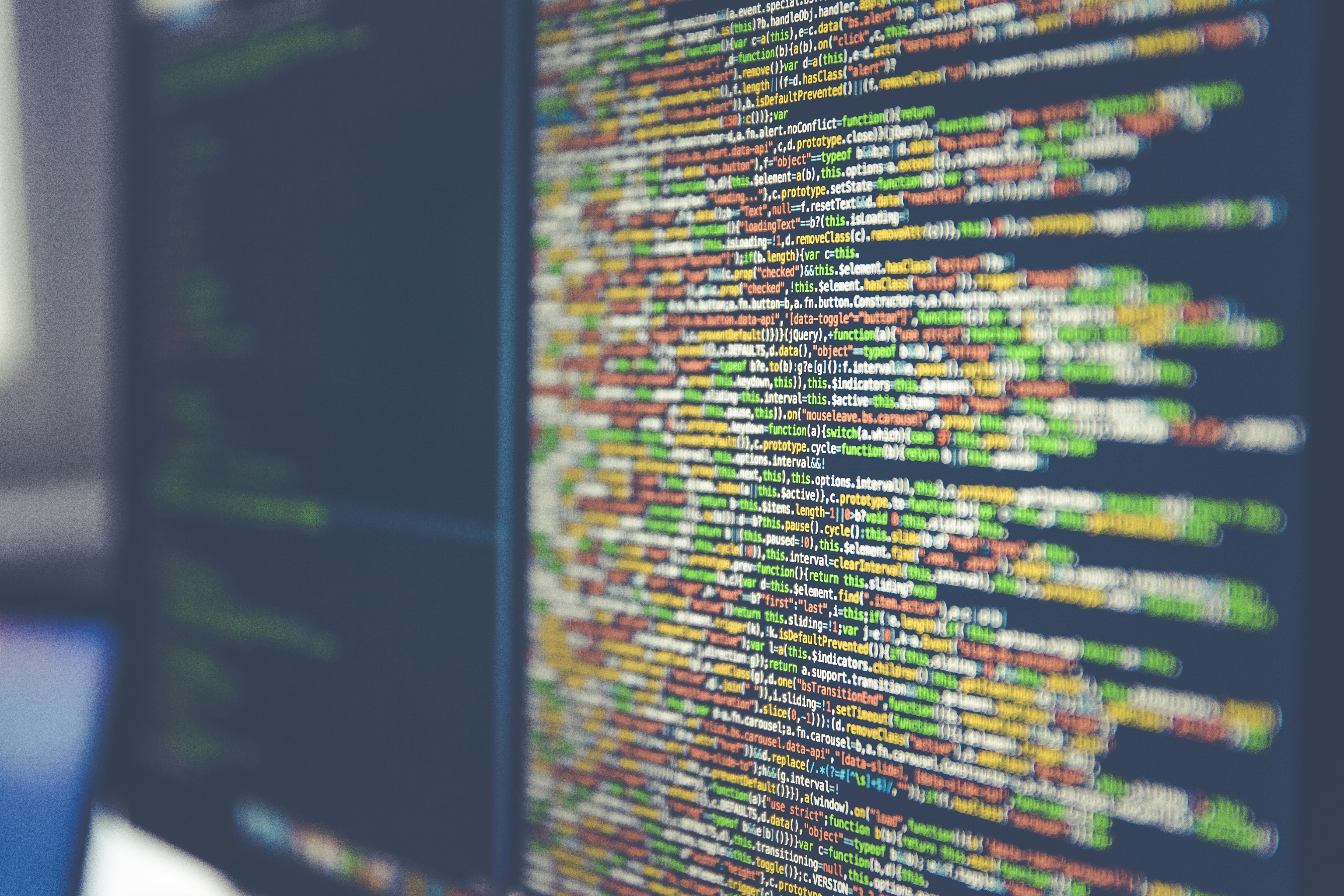
The Rise of AI Agents in Software Development
The software development landscape is undergoing a profound transformation with the rise of AI development agents. These intelligent systems are not just automating repetitive tasks but actively participating in the creative process of building applications.
From Assistants to Agents
The transition from AI assistants to AI agents represents a fundamental shift in how we interact with technology. Where assistants like early chatbots merely responded to queries, true AI agents like those in Lovable.dev take initiative, make decisions, and execute complex tasks with minimal human oversight.
The Current State of AI Development Agents
Platforms like Lovable.dev, Bolt.new, and others are at the forefront of this revolution. These tools combine large language models with specialized knowledge of development practices, frameworks, and design patterns.
- Automatic code generation based on natural language descriptions
- Integration with databases and third-party services
- UI design and component creation
- Testing and debugging capabilities
- Deployment automation
Impact on Development Teams
AI development agents are not replacing human developers but rather changing their roles. The focus is shifting from writing routine code to higher-level system design, business logic, and creative problem-solving.
AI isn't replacing developers; it's replacing the need for developers to do boring work. It's making us more like architects and less like construction workers.
The Future Landscape
As AI agents continue to evolve, we can expect several trends to emerge:
- Increased specialization in specific development domains
- Better context awareness and memory across development sessions
- More autonomous decision-making capability
- Improved collaboration between multiple AI agents
- Integration with design tools and business planning software
Challenges and Considerations
Despite their potential, AI development agents face significant challenges. Code quality, security concerns, and the need for human oversight remain important considerations. Additionally, there are questions about intellectual property, job displacement, and the changing nature of software engineering education.
Conclusion
The rise of AI agents in software development represents one of the most significant shifts in how we build technology. Tools like Lovable.dev are just the beginning of a new era where the boundaries between human and artificial intelligence in creative work become increasingly blurred.